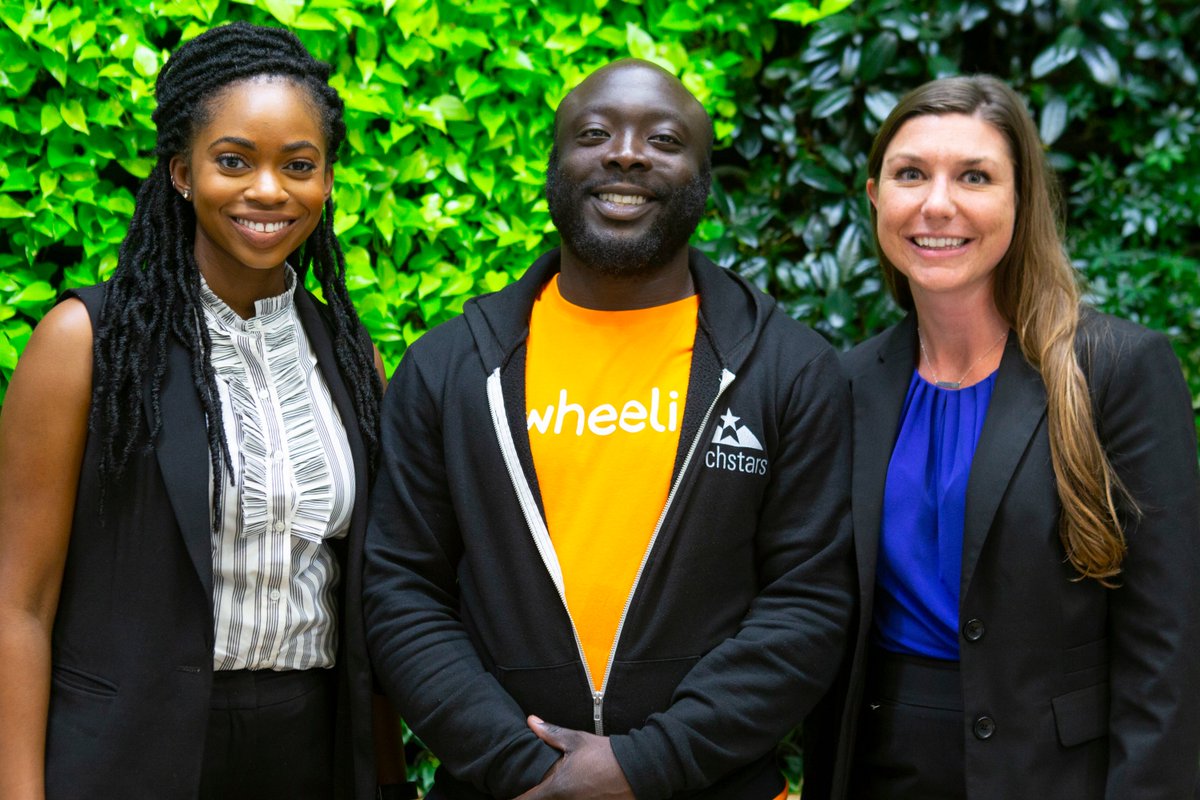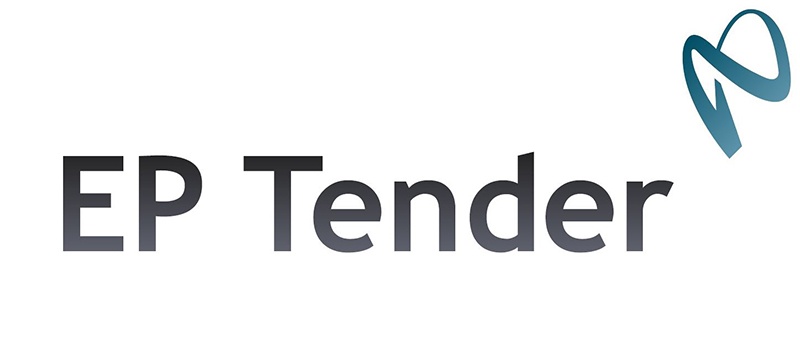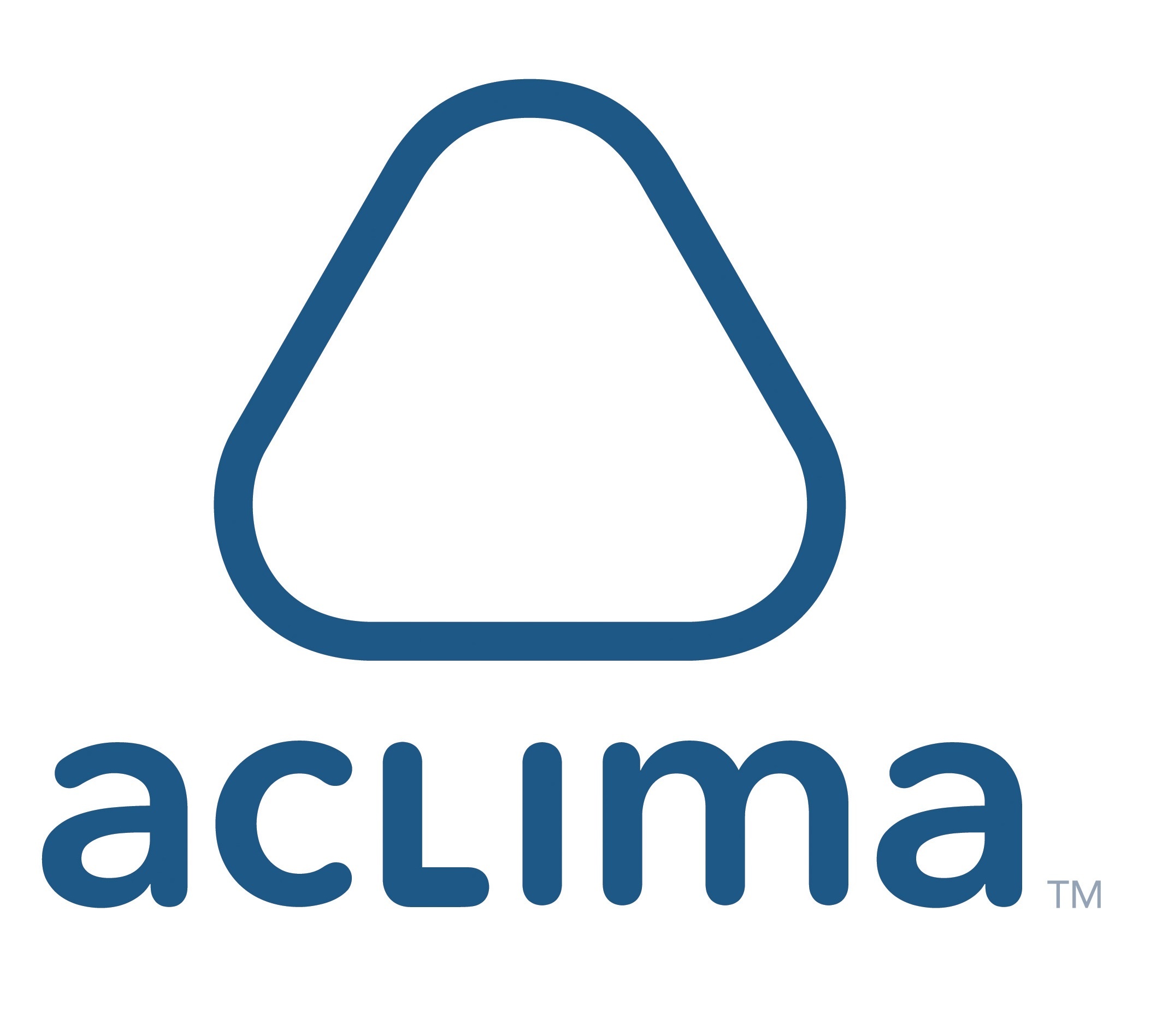10 Cleantech Startups Compete for the Global Stage in Climate Action
I had the opportunity to sit in on an incredible event earlier this week in the incubator space that Solar.com is currently housed in – The inaugural California Climate Cup.
The hype around Governor Jerry Brown’s recent signing of SB100, putting California on the path to 100% clean power, proved to be great timing for debuting this event, a cleantech startup competition sponsored by the California Clean Energy Fund and Los Angeles Cleantech Incubator.
The competition featured 10 companies from around the world that submitted solutions to three categories:
- mobility and goods movement,
- energy/transportation nexus, and
- digital solutions for sustainable cities.
Of the finalists, one winner from each category received cash prizes and a ticket up to the Bay Area to pitch their solutions before a variety of key stakeholders at the Global Climate Action Summit in San Francisco happening that very same week.
Three Finalists, Solstice Energy Takes Grand Prize
Congratulations to EVMatch, Wheeli, and Solstice Energy Solutions for being selected as the three category winners!
After touring the Global Climate Action Summit up north and participating in the last pitch round, Solstice Energy took home the overall grand prize.

Left to right: Soltstice Energy’s Ugwem Eneyo, Wheeli’s Jean-Pierre Adéchi, EVMatch’s Heather Hochrein
Here is a recap and personal commentary for each of the 10 companies that participated in the California Climate Cup.
Category 1: Mobility and Goods Movement
1. EnZinc
 CEO Michael Burz talked extensively about the low-cost and high-energy output synergy that his team has achieved through proprietary zinc-battery technology. More of a research breakthrough at present, the business model is still a work in progress. Due to the sensitive nature of retaining IP, EnZinc plans to retain battery development until key partnerships with full-fledged manufacturers are established. The ubiquitous nature of batteries suggests that the applications of this zinc-battery technology have the potential to displace the whole spectrum of energy needs from powering electric scooters to building backup generators.
CEO Michael Burz talked extensively about the low-cost and high-energy output synergy that his team has achieved through proprietary zinc-battery technology. More of a research breakthrough at present, the business model is still a work in progress. Due to the sensitive nature of retaining IP, EnZinc plans to retain battery development until key partnerships with full-fledged manufacturers are established. The ubiquitous nature of batteries suggests that the applications of this zinc-battery technology have the potential to displace the whole spectrum of energy needs from powering electric scooters to building backup generators.
2. EP Tender
 Features hardware that essentially looks like a detachable battery trailer for vehicles. While stationary, these units can operate as virtual power plant storage, with the flexibility of being energy agnostic – that is, fuel-powered or battery – depending on the location. While moving, the unit becomes a range extender that aims to become a fully autonomous mobile charger. However, the core value proposition is still in question, as most of the time these units will still be stationary until there is a significant adoption rate within a given city.
Features hardware that essentially looks like a detachable battery trailer for vehicles. While stationary, these units can operate as virtual power plant storage, with the flexibility of being energy agnostic – that is, fuel-powered or battery – depending on the location. While moving, the unit becomes a range extender that aims to become a fully autonomous mobile charger. However, the core value proposition is still in question, as most of the time these units will still be stationary until there is a significant adoption rate within a given city.
3. Category Winner: EV Match
 Peer-to-peer charging network that aims to be the Airbnb for EV charging. The focus is on leveraging existing charging infrastructure in a non-invasive way, turning private charging options into semi-public service providers. Due to the predictable and time-consuming nature of this service, a built-in reservation function aims to make the service more reliable and seamless to catch the moment of need.
Peer-to-peer charging network that aims to be the Airbnb for EV charging. The focus is on leveraging existing charging infrastructure in a non-invasive way, turning private charging options into semi-public service providers. Due to the predictable and time-consuming nature of this service, a built-in reservation function aims to make the service more reliable and seamless to catch the moment of need.
Category 2: Energy/transportation Nexus
4. Ampaire
 Ampaire envisions fully electric aviation as the long-term roadmap for commercial flight. The first steps for the company involve retrofitting existing aircraft with electric power trains and motors. With the value proposition of significantly reducing fuel and maintenance costs, their first step is to prove the concept for long-term partners that will be able to supply the creation of all-electric fleets.
Ampaire envisions fully electric aviation as the long-term roadmap for commercial flight. The first steps for the company involve retrofitting existing aircraft with electric power trains and motors. With the value proposition of significantly reducing fuel and maintenance costs, their first step is to prove the concept for long-term partners that will be able to supply the creation of all-electric fleets.
5. Evee
 A peer-to-peer EV sharing platform that aims to offset the cost of ownership by encouraging owners to put up EVs for short-term rentals. The value proposition lies in offering niche services through expertise in electric vehicles, option to cover insurance, and 60% rental revenue from each transaction. The market cap is small at the moment, as the price-point for electric vehicles remains a notch above traditional vehicles.
A peer-to-peer EV sharing platform that aims to offset the cost of ownership by encouraging owners to put up EVs for short-term rentals. The value proposition lies in offering niche services through expertise in electric vehicles, option to cover insurance, and 60% rental revenue from each transaction. The market cap is small at the moment, as the price-point for electric vehicles remains a notch above traditional vehicles.
6. Category Winner: Wheeli
 Uber for intercity travel and multi-hour travel, built similarly to Blablacar in Europe. The focus of this transportation network is on college students, following the Facebook model of using institution credibility to regulate safety on the network. The next step involves optimizing key routes to prioritize which universities to expand to next, then targeting other demographics that won’t compromise the security currently achieved on the platform.
Uber for intercity travel and multi-hour travel, built similarly to Blablacar in Europe. The focus of this transportation network is on college students, following the Facebook model of using institution credibility to regulate safety on the network. The next step involves optimizing key routes to prioritize which universities to expand to next, then targeting other demographics that won’t compromise the security currently achieved on the platform.
Category 3: Digital Solutions for Reliable Cities
7. Aclima
 Sensor hardware that can be installed into vehicles occupying about two shoeboxes worth of space. Mobile sensors provide more comprehensive coverage in real time to more accurately identify emissions sources. The biggest challenge seems to be proving if gathering more accurate data justifies current costs to eventually displace current stationary data gathering devices.
Sensor hardware that can be installed into vehicles occupying about two shoeboxes worth of space. Mobile sensors provide more comprehensive coverage in real time to more accurately identify emissions sources. The biggest challenge seems to be proving if gathering more accurate data justifies current costs to eventually displace current stationary data gathering devices.
8. Ecomedes
 Delivers an online marketplace of high-performance sustainable products for the building industry, using data-driven analytics to help with ROI modeling. The multi-layered pricing model charges owners and sellers to use the platform. This all-in-one service model appeals to the biggest buyers would experience significant cost savings in appealing to adopting ecolabel products.
Delivers an online marketplace of high-performance sustainable products for the building industry, using data-driven analytics to help with ROI modeling. The multi-layered pricing model charges owners and sellers to use the platform. This all-in-one service model appeals to the biggest buyers would experience significant cost savings in appealing to adopting ecolabel products.
9. Exergy
 A distributed ledger that uses a token system to transact energy across grid-linked hardware. All the data is gathered and controlled internally to set prices for efficient service delivery to customers. By partnering with utility providers and other industry incumbents, Exergy uses third-party hardware to harvest data from electricity flows. This allows Exergy to be the intermediary between hardware providers and data sources. However, securing credible partnerships will take a while, delaying the optimal value of a decentralized network until the ecosystem is populated with data points.
A distributed ledger that uses a token system to transact energy across grid-linked hardware. All the data is gathered and controlled internally to set prices for efficient service delivery to customers. By partnering with utility providers and other industry incumbents, Exergy uses third-party hardware to harvest data from electricity flows. This allows Exergy to be the intermediary between hardware providers and data sources. However, securing credible partnerships will take a while, delaying the optimal value of a decentralized network until the ecosystem is populated with data points.
10. Category & Overall Winner: Solstice Energy Solutions
 Remote energy management platform aiming to eliminate the manual transfer switch that taps into the grid and off-grid energy sources. Having a robust way to monitor energy usage allows users to target the best pricing. The market focus is on Nigeria, where a majority of residential and commercial property units rely on multiple power supply sources and have no existing energy management solution. By providing real-time system analytics, Solstice additionally aims to help prevent energy failures and monitor energy misuse.
Remote energy management platform aiming to eliminate the manual transfer switch that taps into the grid and off-grid energy sources. Having a robust way to monitor energy usage allows users to target the best pricing. The market focus is on Nigeria, where a majority of residential and commercial property units rely on multiple power supply sources and have no existing energy management solution. By providing real-time system analytics, Solstice additionally aims to help prevent energy failures and monitor energy misuse.








